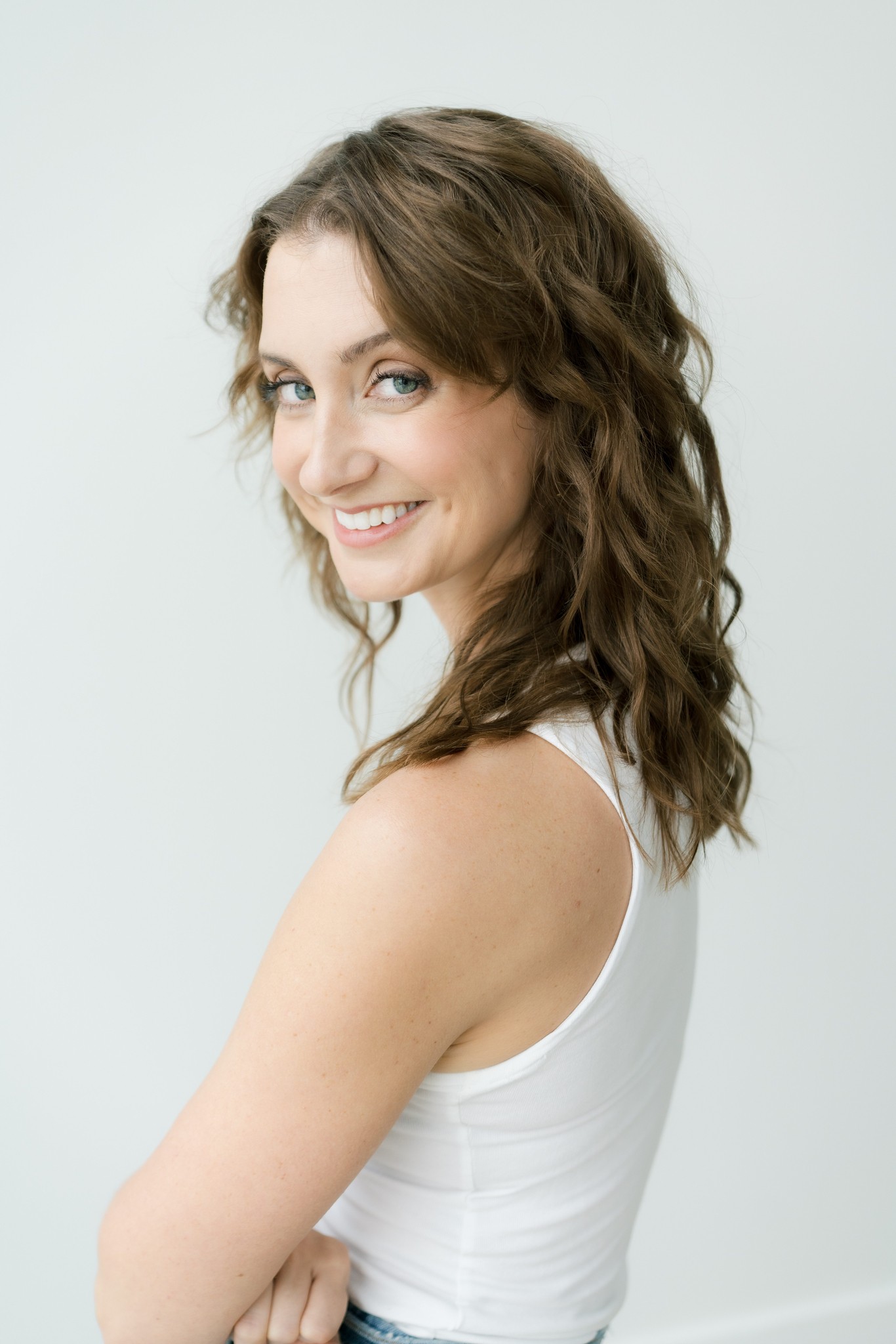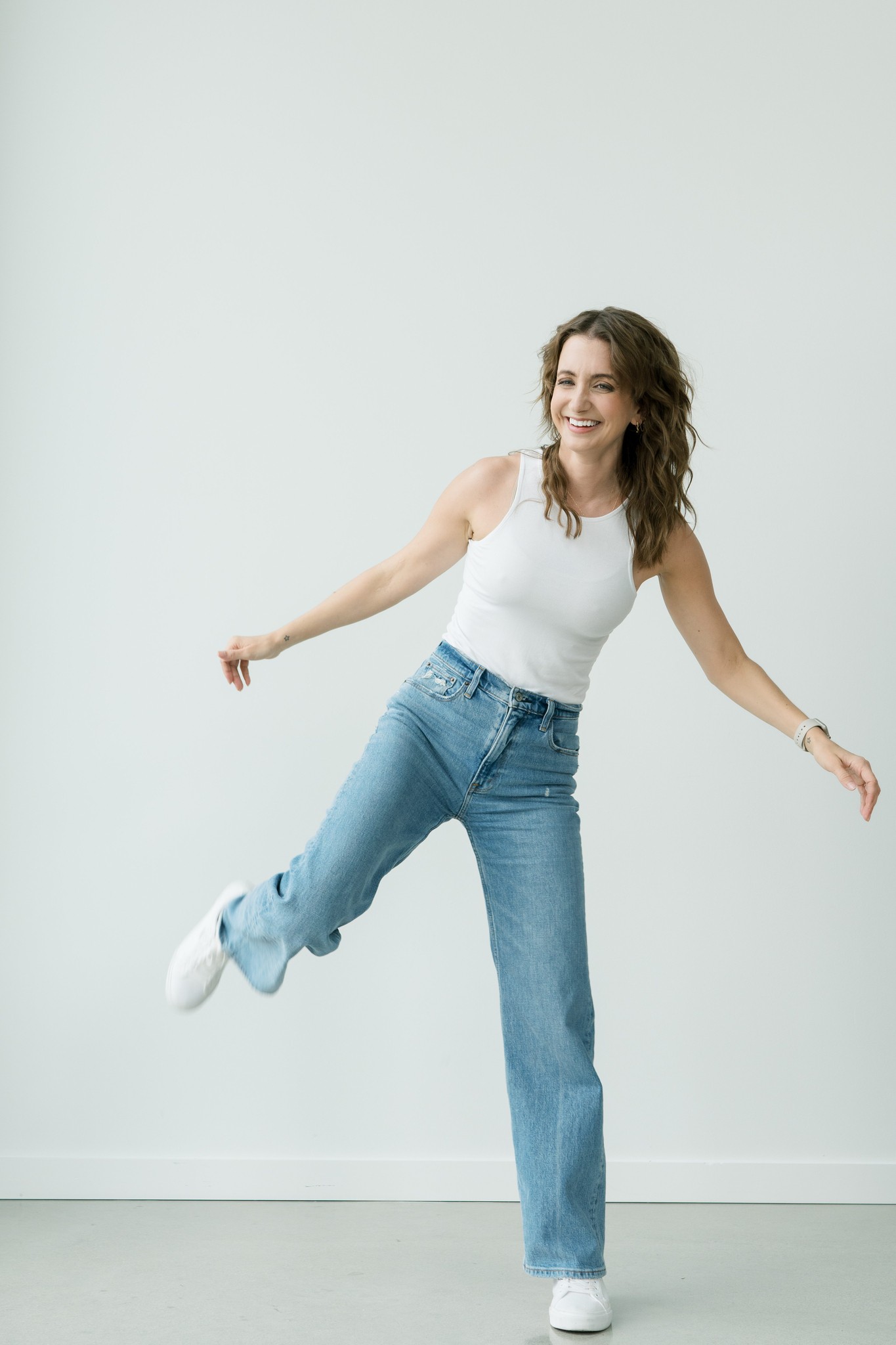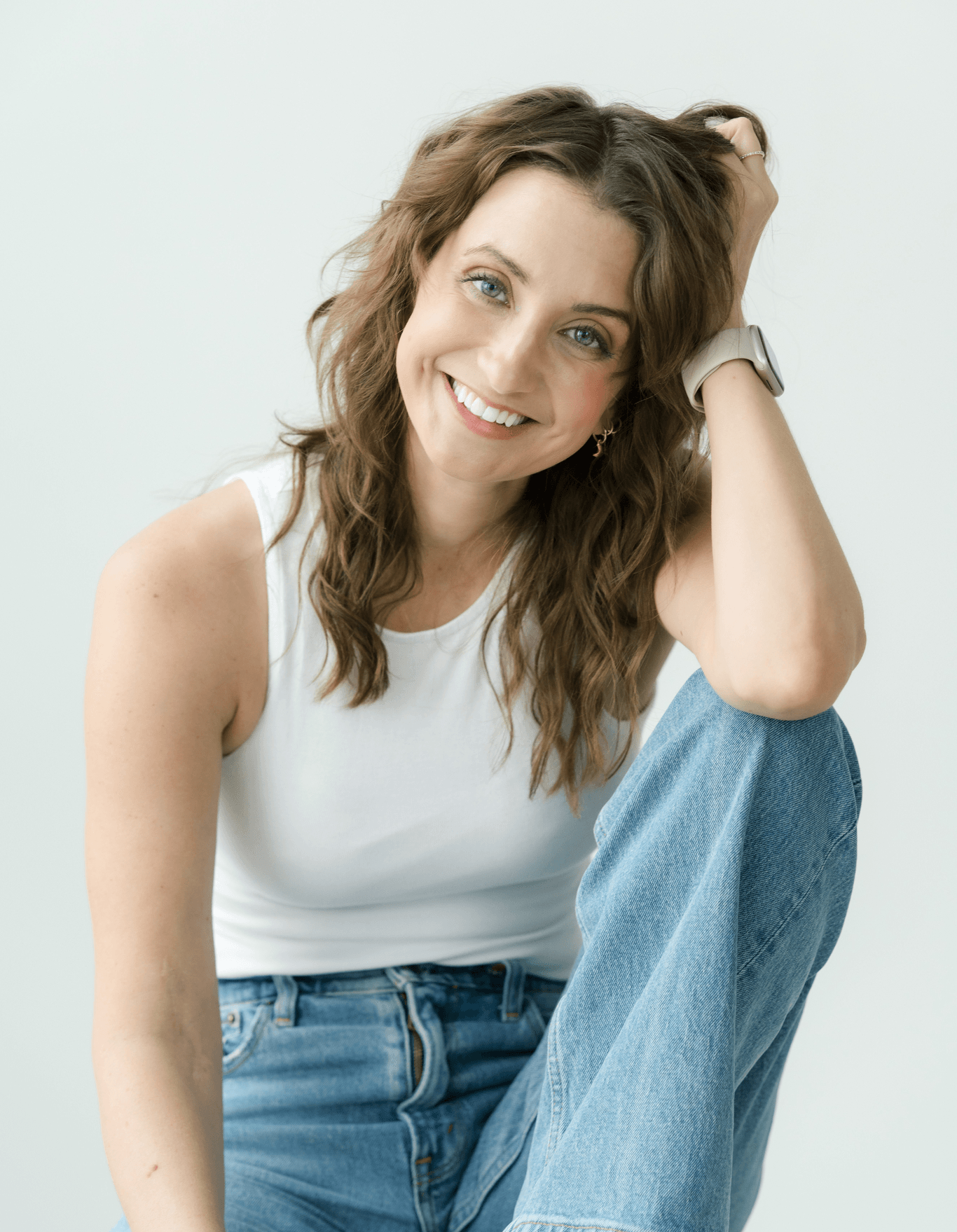Alright – so today we’ve got the honor of introducing you to Kelly Banks. We think you’ll enjoy our conversation, we’ve shared it below.
Kelly, thanks for taking the time to share your stories with us today One of the most important things small businesses can do, in our view, is to serve underserved communities that are ignored by giant corporations who often are just creating mass-market, one-size-fits-all solutions. Talk to us about how you serve an underserved community.
I coach women with ADHD because they are massively underserved—not just in terms of resources and support, but in even being recognized as having ADHD in the first place. The diagnostic criteria were built around how ADHD presents in boys because nearly all ADHD research has been conducted on men and boys. This means many women go undiagnosed and internalizing their struggles as personal failings rather than symptoms of a neurodevelopmental condition. By the time they do get diagnosed, they’re often carrying a lifetime of shame, burnout, and self-doubt, wondering why they can’t seem to function the way everyone else does.
That’s why my work as an ADHD coach is centered on unlearning—unlearning the self-punishment, the shame, the idea that success has to come through struggle. Instead of forcing themselves into systems that were never built for them, I help women create strategies that fit the way their brains work. My approach isn’t about willpower or discipline—it’s about permission. Permission to work with their brains instead of against them. Permission to stop seeing their ADHD as a flaw to be fixed. And permission to finally trust themselves. Because when women with ADHD are given the right tools and support, they don’t just cope—they thrive.

As always, we appreciate you sharing your insights and we’ve got a few more questions for you, but before we get to all of that can you take a minute to introduce yourself and give our readers some of your back background and context?
I’m an ADHD coach for women, but like many ADHDers, my career path hasn’t exactly been linear. I started out as a social worker in New York, then went to grad school to become a therapist, got burnt out, then went into tech marketing before finally landing at ADHD coaching.
One of the reasons I moved away from therapy is that the nature of it is so abstract. Don’t get me wrong—I love therapy and my own therapist, but my ADHD brain prefers tangible rewards, so the practical nature of coaching versus the more abstract nature of therapy is much more fulfilling to my brain as a career. Folks will come to me with specific problems, we’ll troubleshoot together, then they come back and say “I did it!” That’s incredibly rewarding for me.
I also focus a lot on helping women unlearn self-judgment and perfectionism. So many women with ADHD have spent their lives feeling like they’re failing at things that seem easy for everyone else—starting tasks, following through, staying organized, managing time. But they’re not failing; they’ve just been forcing themselves into systems that were never built for their brains. That’s where my work comes in.
I help women untangle the shame, guilt, and impossible expectations they’ve internalized and replace them with strategies that actually work for ADHD brains. Instead of trying to “fix” themselves, my clients learn to work with their natural strengths, energy patterns, and executive function challenges. Whether it’s breaking free from all-or-nothing thinking, finally tackling long-avoided tasks, or creating a system that actually sticks, my focus is always on practical, sustainable solutions.

Any insights you can share with us about how you built up your social media presence?
Social media has been a huge asset to my business. As an introvert with social anxiety, I never saw myself posting much on social media. Fast forward to today and, somehow, I have over 200k followers on Instagram. I wish I could tell you that I came up with a brilliant social media strategy to generate my following, but honestly, it was built on impulse and vibes. One random day I decided I wanted to make a post on TikTok (where no one knew me) about ADHD because I was seeing a lot of misinformation out there. That post ended up blowing up, as did many after it.
If I had to pinpoint a reason for my growth, I’d say it’s a combination of ADHD being in the cultural zeitgeist right now and my commitment to being my authentic, messy, vulnerable self. I think online culture is tired of seeing polish and perfection. We want to see what’s real, and we trust people who are willing to show and discuss their flaws and insecurities. If I were to give anyone advice on building a social media audience, I’d say lean into authenticity even when you cringe yourself out—because you will, and the more you post, the more you realize that’s okay. Also, don’t worry about hashtags and trendy audio; focus on what you want people to feel and take away from your posts. Everything else is secondary.

What’s worked well for you in terms of a source for new clients?
Definitely social media. Because I have a large following and highly engaged audience, I haven’t had to do much in the form of client outreach—folks typically reach out to me through my social channels. I realize this might be an annoying answer because not everyone is or needs to be a social media person. But it’s worth mentioning that I NEVER thought I could be one due to my introversion and social anxiety, but it’s actually worked out quite nicely for me, so if you’re also introverted and scared of people, know that there’s still space for you on social.
Contact Info:
- Website: https://divergentcoachkelly.com
- Instagram: https://www.instagram.com/divergentcoachkelly/
- Other: https://divergentcoachkelly.substack.com/

Image Credits
Alicia Leigh Brand Photographer


